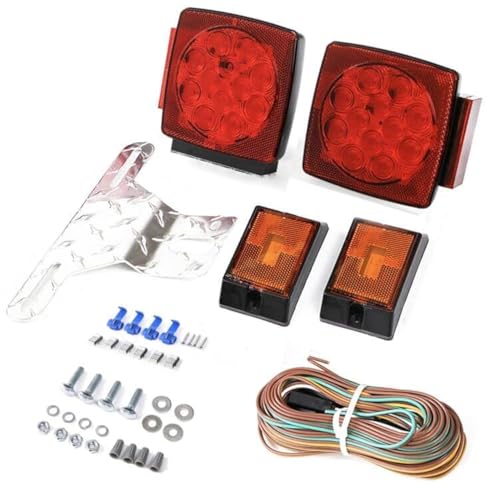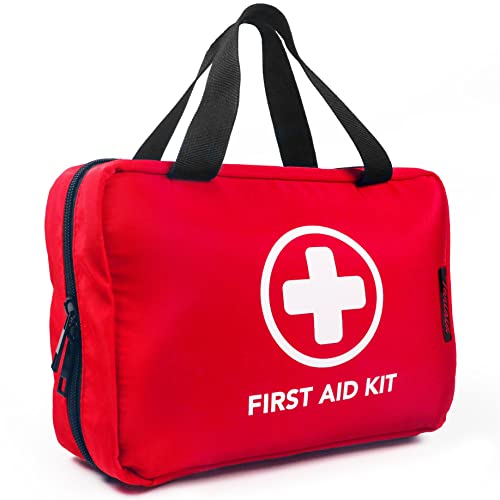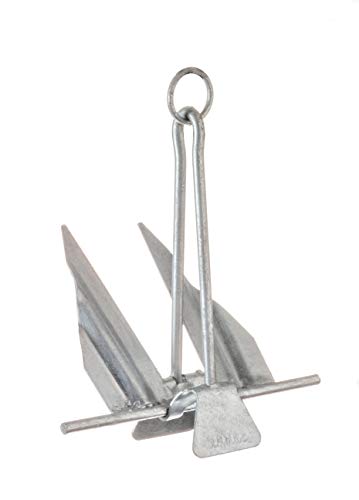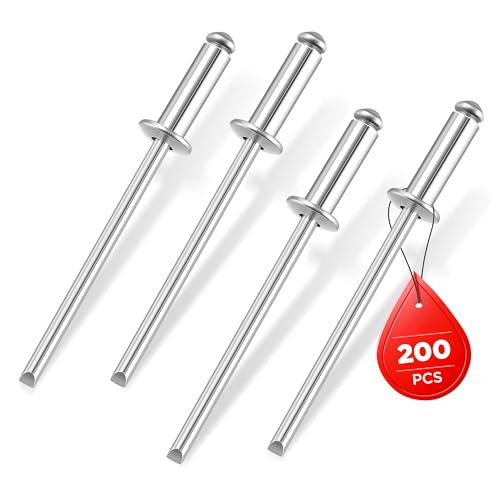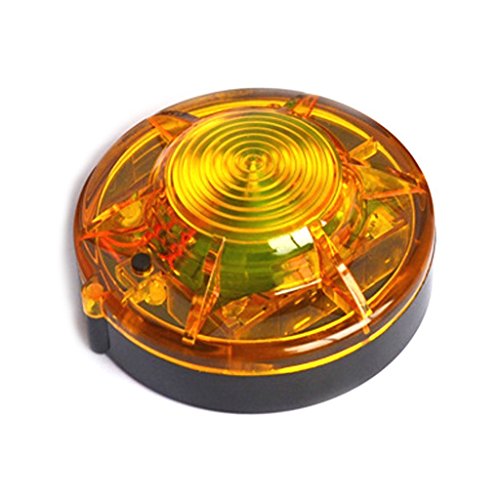MrGiggles
Well-known member
RaisedByWolves said:Ok, so inspired by this thread and my recent discovery of my own unbeknownst to me fuel issues, Ive decided to make a DIY ethanol/fuel separator.
If there's enough interest, and if Jim feels its Ok for me to show people how to play with flammable liquids Id be happy to do a writeup on this.
The base for this build will be this 3gal water jug I picked up from Wallyworld today.
https://www.walmart.com/ip/3-Gallon-Stackable-Water-Bottle/180676866?wmlspartner=wlpa&selectedSellerId=0&adid=22222222222000000000&wmlspartner=wmtlabs&wl0=e&wl1=s&wl2=c&wl3=10352200394&wl4=pla-1103028060075&wl5=&wl6=&wl7=&wl10=Walmart&wl11=Online&wl12=180676866_0&wl14=3%20gallon%20water%20bottle&veh=sem&gclsrc=ds
Im not crazy about the cap that comes with it, but I think for the time being and the cost it will give me a good start with some improvements.
As to the issue I recently uncovered it relates to my need for speed and a fancy (Or so I thought) new gas tank I picked up. Its called a dura tank and while it is durable, the damn thing leaks like a sieve.
https://external-content.duckduckgo.com/iu/?u=http%3A%2F%2Fwww.2040-parts.com%2F_content%2Fitems%2Fimages%2F22%2F2058422%2F001.jpg&f=1&nofb=1
I have had this tank a lil over a year and while I was having motor issues, I thought it was due to abusing this motor trying different things to hop it up and gain what speed I could with the 25hp block. While not building a "Speed boat" I wanted whatever I could get out of the motor as our lake is long and when storms come up off of the river I want to get off the lake asap.
In the normal course of things I usually add some oil to the existing mix and add a couple gallons of fresh gas on the way to the lake. At the end of last year I had issues with the motor idling and a distinct lack of power and as mentioned, I just thought the engine was getting tired due to my usage and mods.
First time out this year i realized what my issue was, bad fuel! My theory was I was consistently running watery fuel due to my refill/top off method of fueling the boat before going out. Going out this year with a fresh 6gal of fuel mix I immediately noticed I had gained back all of my power and then some.
With nothing other than a carb clean and fresh fuel I picked up 4mph over what I was consistently running last year and the motor ran great. The idle was perfect and the motor ran great overall.
Then that combined with this thread got me wondering what improvements might be seen with pure gas made through phase separation of the ethanol/water in the gas Im getting.
Didnt mean to write a book, but let me know if there is any interest.
So where does the water come from? The leaky tank, or from moisture in the air?











